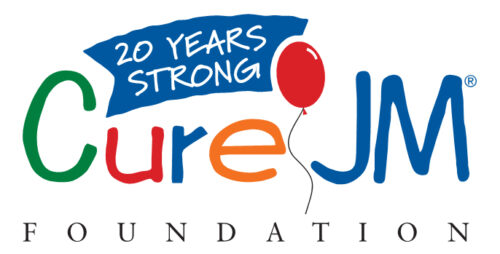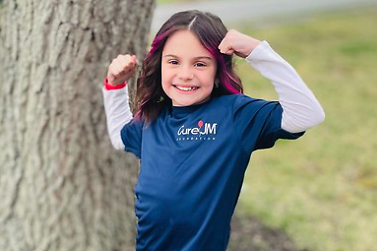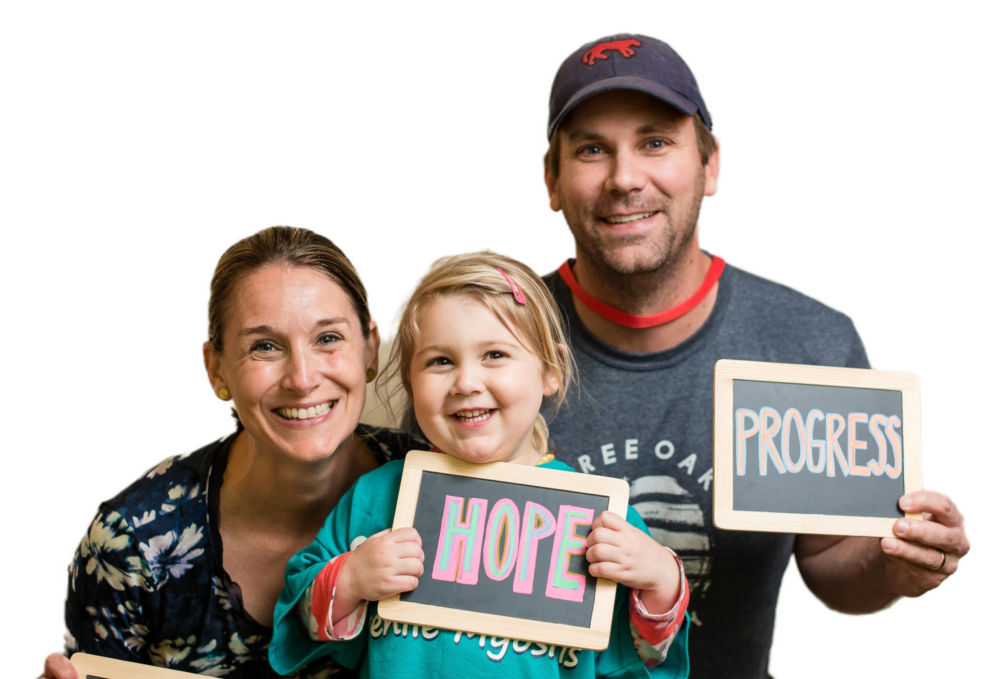Balancing the demands of a career with the responsibilities of caregiving is a challenging task for any parent. For those with a child diagnosed with juvenile myositis (JM), a rare autoimmune disease affecting children, the challenge is heightened. Juggling work commitments while providing the necessary care and support for a child with JM can be taxing. In this article, we hope to provide you with a few effective strategies and insights to help working parents navigate this delicate balance.
1.Open Communication with Employers – One important aspect of balancing work and caregiving is open communication with employers. Many companies are willing to provide flexible work arrangements or accommodations for parents dealing with unique caregiving situations. Be open about your situation and discuss potential adjustments to your work schedule, remote work options, or the possibility of a reduced workload. Understanding employers can help create a supportive work environment.
2.Establish a Support System – Building a strong support system is key for parents of children with JM. This network may include family, friends, coworkers, and fellow parents who share similar experiences. Reach out to local or online support groups for parents of children with chronic illnesses, where you can exchange insights, share coping strategies, and find emotional support. You can find a group of amazing JM parents here: https://www.facebook.com/groups/JMMomsCaregivers or find your local chapter at: https://www.curejm.org/local-chapters/
3.Prioritize Self-Care – While caregiving is a priority, it’s crucial for parents to remember self-care. Establishing routines for exercise, proper nutrition, and sufficient sleep can help maintain physical and mental well-being. Remember, caring for yourself allows you to better care for your child and fulfill work responsibilities. It is also key to give yourself grace when things get difficult. Some days will be difficult and challenging, being flexible and rolling with the punches is important too.
4.Use Available Resources – Take advantage of available resources, such as government programs, nonprofit organizations, and support services designed to assist families dealing with chronic illnesses. This includes not only physical health support, but also mental health resources. Investigate financial assistance, respite care options, and educational resources that can help alleviate some of the caregiving burdens. Remember, caring for a loved one can take a toll on your mental well-being, so don’t hesitate to seek out mental health support if needed. You can find out more at the following links: https://www.curejm.org/affordableandaccessibletreatments/
https://www.curejm.org/emotional-and-mental-health-general-resources/
https://www.curejm.org/mental-and-emotional-health-faqs-for-caregivers/
5.Time Management and Planning– Effective time management is important when balancing work and caregiving. Develop a realistic schedule that accommodates both work responsibilities and the needs of your child. Prioritize tasks, delegate when possible, and be proactive in addressing potential challenges. It is also important to remember to be flexible in that planning though; your child’s disease is unique so be ready to adapt to that.




